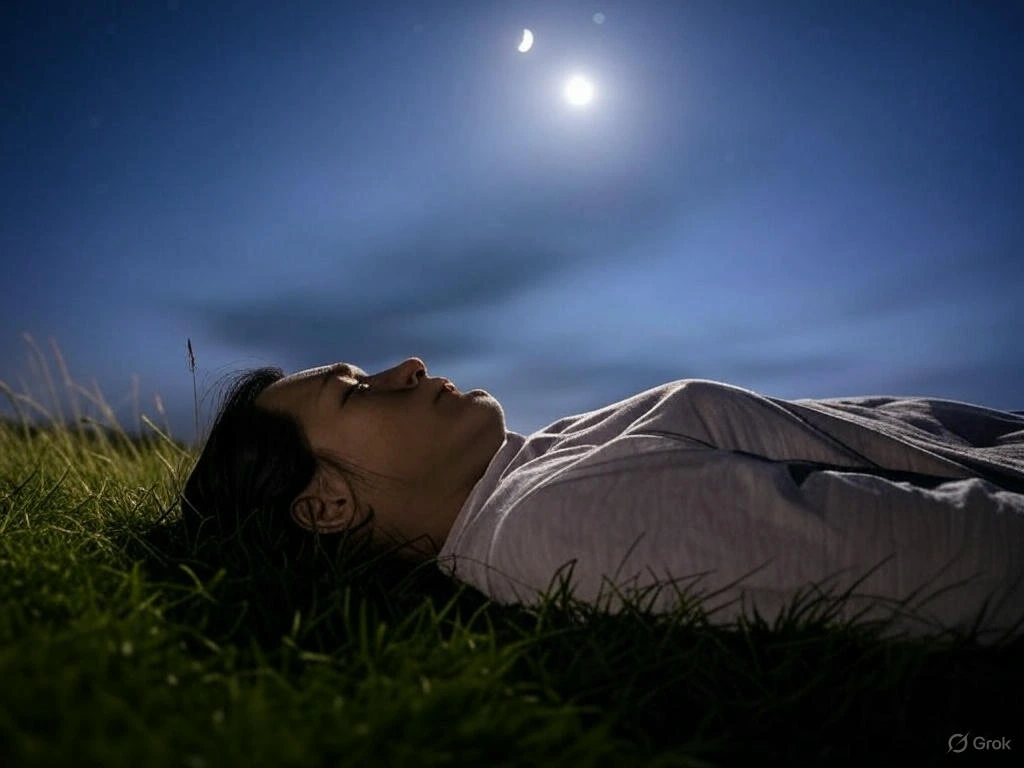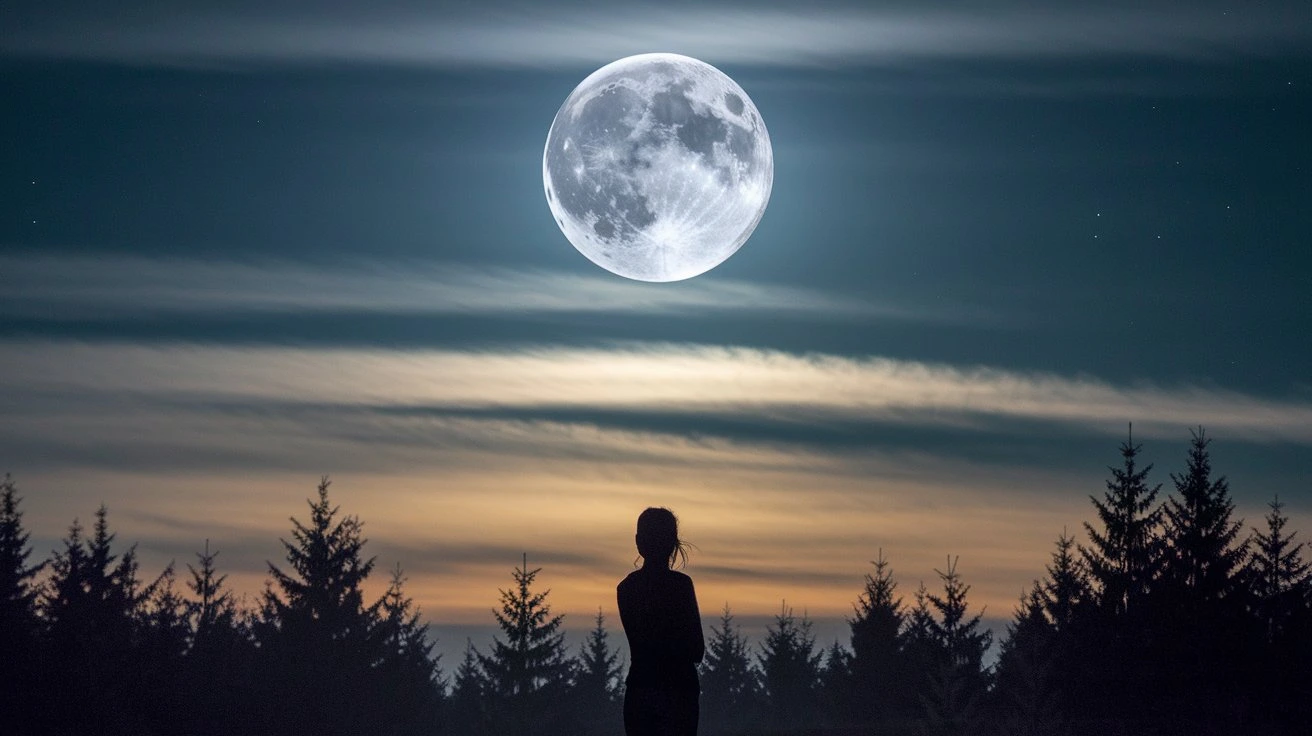For centuries, the moon has captivated human imagination. From werewolf legends to tales of lunacy, folklore has long linked the lunar cycle to shifts in emotions and behavior. But is there scientific truth behind these claims, or is it all just cosmic superstition? At Science Diary, we’re diving into the question: Does the moon’s cycle really affect how we feel and act?
The Lunar Cycle: A Quick Overview
The lunar cycle spans about 29.5 days, transitioning through eight distinct phases—new moon, waxing crescent, first quarter, waxing gibbous, full moon, waning gibbous, last quarter, and waning crescent. Each phase alters the moon’s appearance and gravitational pull on Earth, most famously influencing ocean tides. But could this celestial rhythm also tug at our minds and bodies?
Historically, the word “lunatic” derives from the Latin luna, meaning moon, reflecting an ancient belief that full moons drove people to madness. Today, many still swear that full moons bring restlessness, mood swings, or even erratic behavior. So, let’s explore the evidence.
The Folklore Connection
Across cultures, the moon has been a symbol of mystery and power. Ancient Greeks blamed lunar phases for epilepsy, while medieval Europeans tied full moons to heightened aggression. Even now, some nurses and police officers anecdotally report busier nights during full moons—more births, accidents, or crimes. This idea, dubbed the “lunar effect,” suggests that the moon’s glow or gravitational force might subtly sway us.
But anecdotes aren’t science. To understand if the lunar cycle truly influences emotions and actions, we need data—not just stories.
What Does Science Say?
Researchers have long investigated the lunar effect, with mixed results. A 1985 review of 37 studies, published in Psychological Bulletin, found no consistent link between lunar phases and human behavior, including crime rates, mental health crises, or hospital admissions. More recent studies, like one from 2017 in Frontiers in Pediatrics, debunked the myth that full moons increase birth rates.

However, some research hints at subtler effects. A 2013 study in Current Biology observed 33 participants over multiple lunar cycles and found that around the full moon, sleep quality dipped—participants took longer to fall asleep and slept less deeply, even without seeing the moon. Less sleep could, in theory, amplify irritability or emotional sensitivity, offering a possible bridge between lunar phases and mood.
Another angle involves the moon’s gravitational pull. It’s strong enough to shift tides, so could it affect the human body, which is 60% water? Experts say no—the force is too weak to disrupt our physiology meaningfully. Still, the idea persists, fueled by our fascination with the cosmos.
The Psychology of Belief
If science largely dismisses the lunar effect, why does the belief endure? Psychology offers clues. Confirmation bias might be at play: when we expect a full moon to spark chaos, we notice events that fit the narrative—like a sleepless night or a heated argument—while ignoring calm moments. The moon’s eerie glow also primes us for mystery, amplifying our perception of its influence.
Circadian rhythms, our internal biological clocks, might also intersect with lunar lore. Though primarily synced to sunlight, some studies suggest faint lunar cues could tweak our sleep-wake cycles over time. For example, a 2021 study in Science Advances found that in rural communities without artificial light, sleep patterns shifted slightly with lunar phases. In modern, well-lit societies, though, this effect fades.
Emotions, Actions, and the Full Moon Myth
So, does the lunar cycle directly sway our emotions or actions? The evidence leans toward “no”—at least not in the dramatic ways folklore suggests. Full moons don’t turn us into werewolves or lunatics. Yet, the moon might exert a gentle nudge, particularly on sleep, which could indirectly ripple into our daily mood or energy levels.
For instance, if a full moon disrupts your rest, you might feel grumpier or less focused the next day. Multiply that across a population, and it’s easy to see why emergency room staff might feel the night was “crazier”—even if the data doesn’t back it up.
The Moon’s Lasting Allure
Whether or not the lunar cycle sways us biologically, its cultural and psychological pull is undeniable. It’s a reminder of our connection to the universe—a celestial metronome ticking alongside our lives. At Science Diary, we love exploring these intersections of science and wonder. The moon may not dictate our emotions, but it certainly inspires them.
Want to dig deeper? Check out NASA’s lunar phase guide or explore sleep studies at Current Biology. The next time a full moon rises, take a moment to watch—and maybe track how you feel. Science might not confirm the lunar effect, but your personal experiment could spark a story worth sharing.
